Clarifying existing problems and proposing new growth models based on science and technology
The majority of delegates agreed with the Government's Report, acknowledging the efforts of the entire political system in the context of complex and unpredictable developments in the world and the region. Under the strong leadership and direction of the Party, the National Assembly, the Government and the participation of ministries, branches and localities, the country has completed a large amount of work and achieved many results.
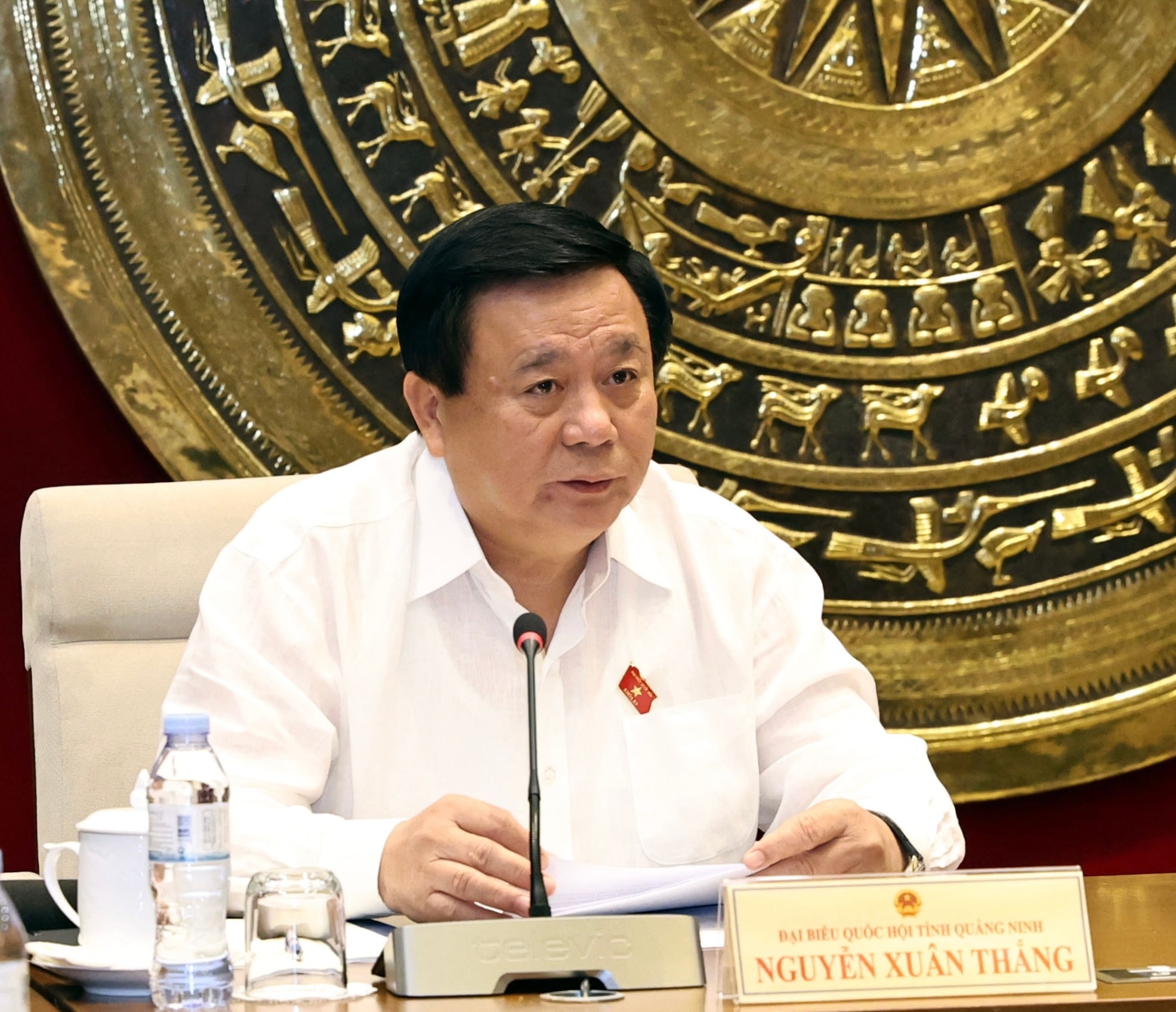
However, delegates also pointed out that the economy still faces many difficulties and challenges, such as: some growth drivers such as export, investment and consumption have not yet created a breakthrough; the progress of disbursement of public investment capital is low; the domestic enterprise sector, especially small and medium enterprises, still faces difficulties in capital, input costs and consumption markets; growth quality is not high; supporting industries develop slowly, the localization rate is only about 36.6%; average labor productivity in the period of 2021 - 2025 only increases by 5.24%/year, lower than the set target...
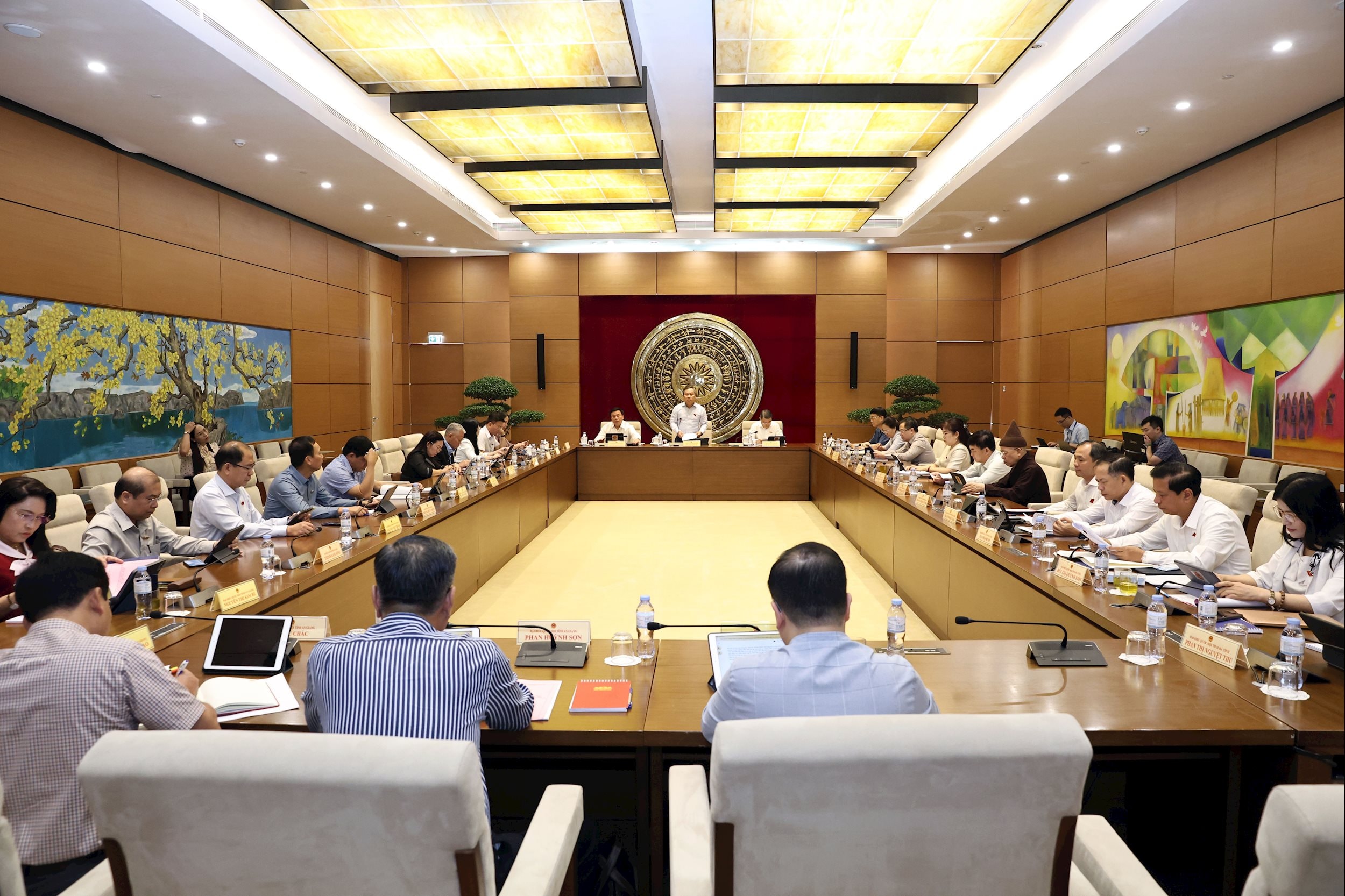
According to National Assembly Deputy Bui Thi Quynh Tho (Ha Tinh), the Government's report needs to clarify the situation of the corporate bond market, many enterprises have dissolved or operated inefficiently, and purchasing power of goods has weakened; at the same time, clearly state the reasons for unachieved targets, such as restructuring state-owned enterprises and reforming public service units.
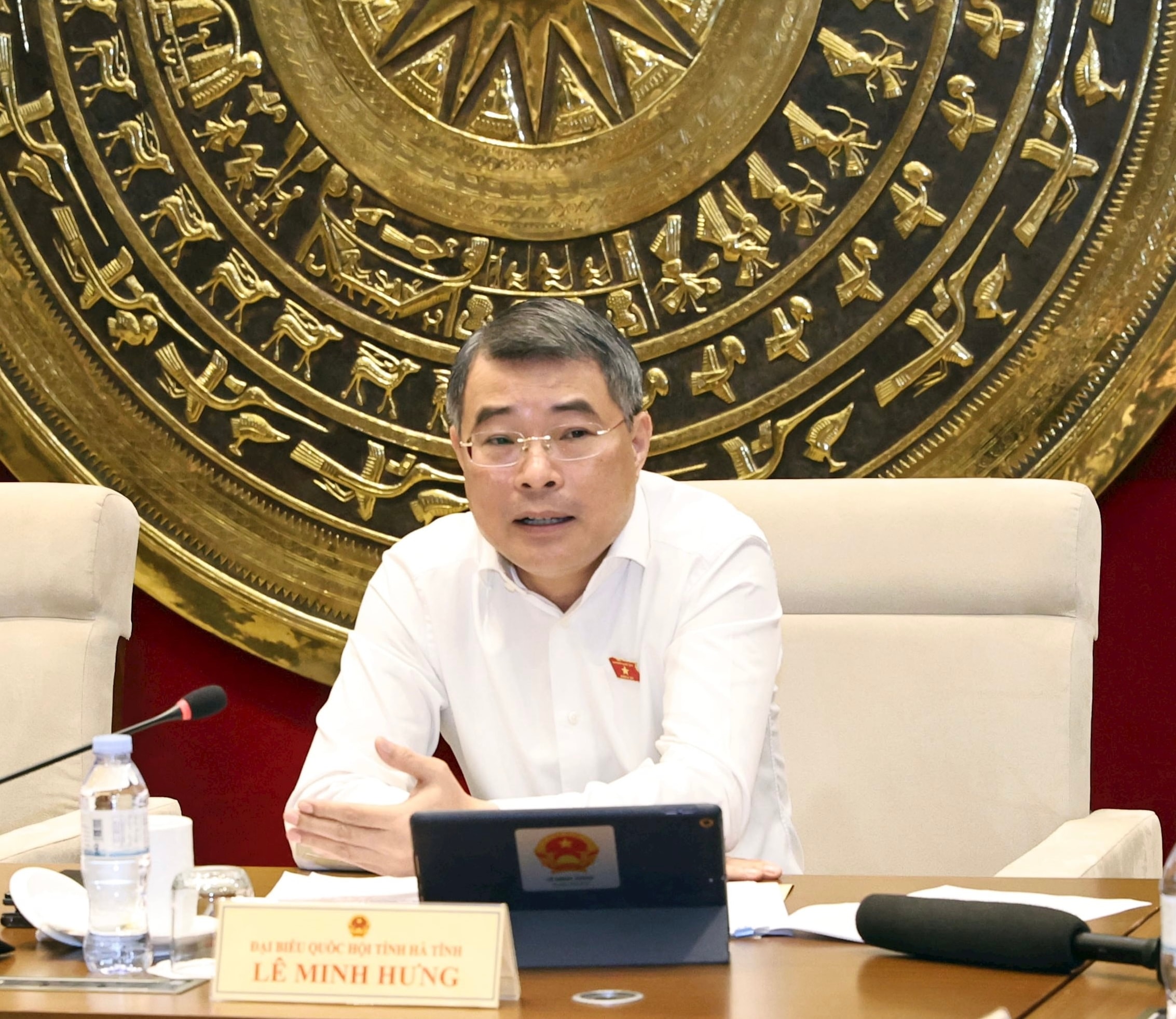
Delegate Bui Thi Quynh Tho emphasized that fully identifying limitations is an important basis for the Government to come up with more suitable and feasible solutions in the next phase.
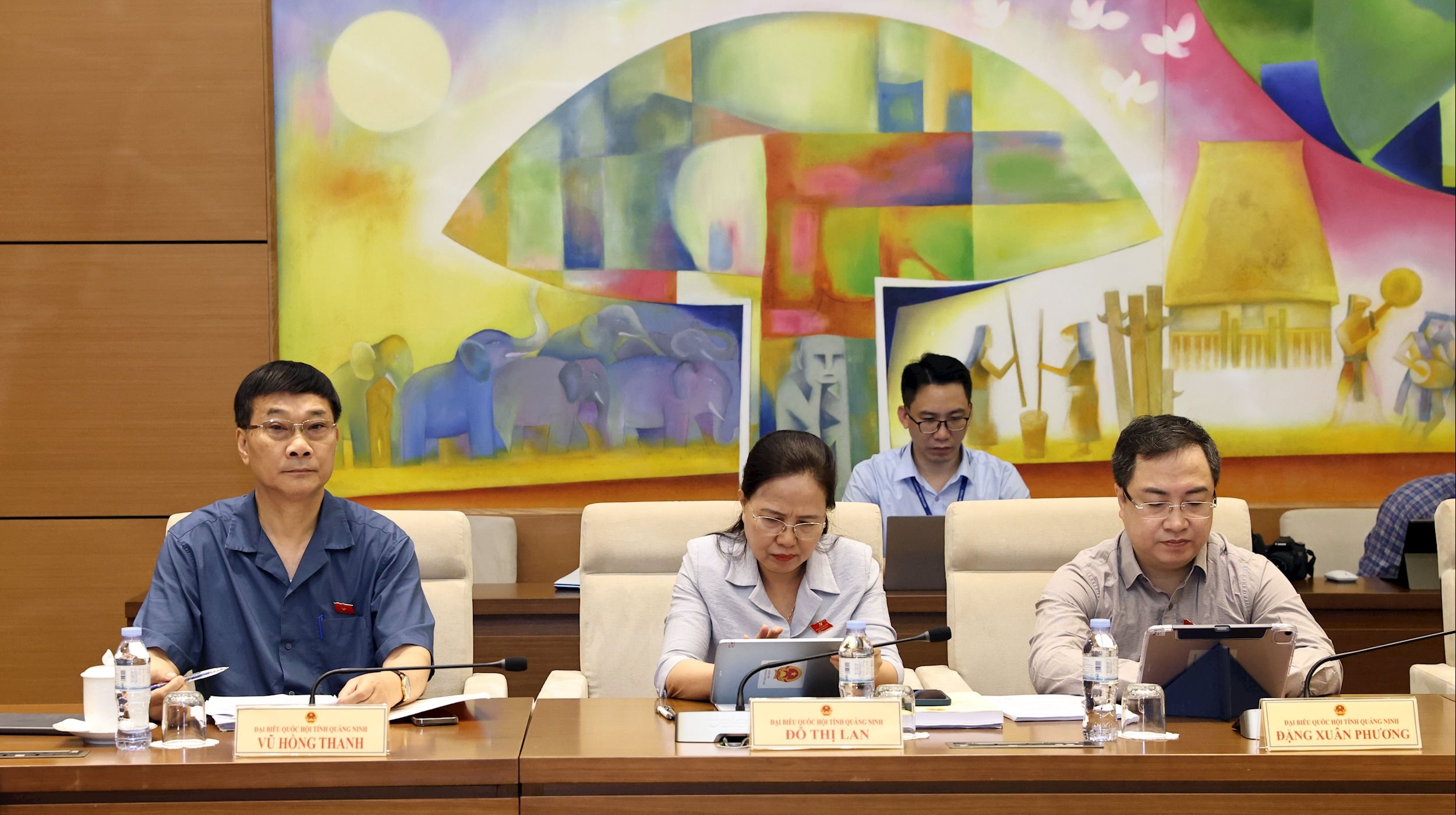
In addition, delegates also proposed stronger measures in managing transactions through digital platforms to prevent the increasing commercial fraud, causing loss of revenue to the budget and affecting the healthy business environment.
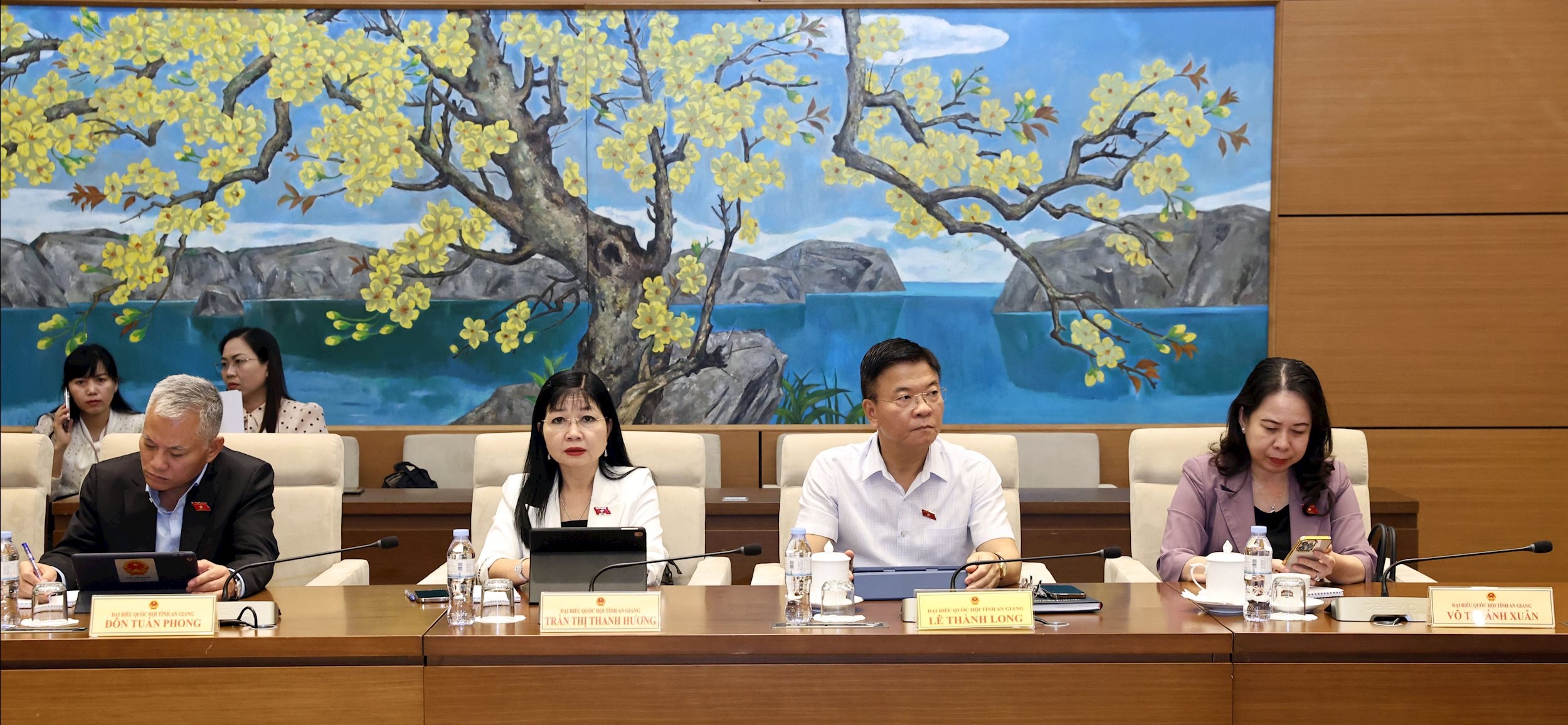
Noting that the growth model relying mainly on investment capital is creating great pressure on resource balance, delegate Bui Thi Quynh Tho also suggested that it is necessary to recalculate based on the Party's orientation, shifting to a new growth model based on science - technology, innovation and digital transformation, taking labor productivity as the main measure, gradually reducing dependence on public investment capital.
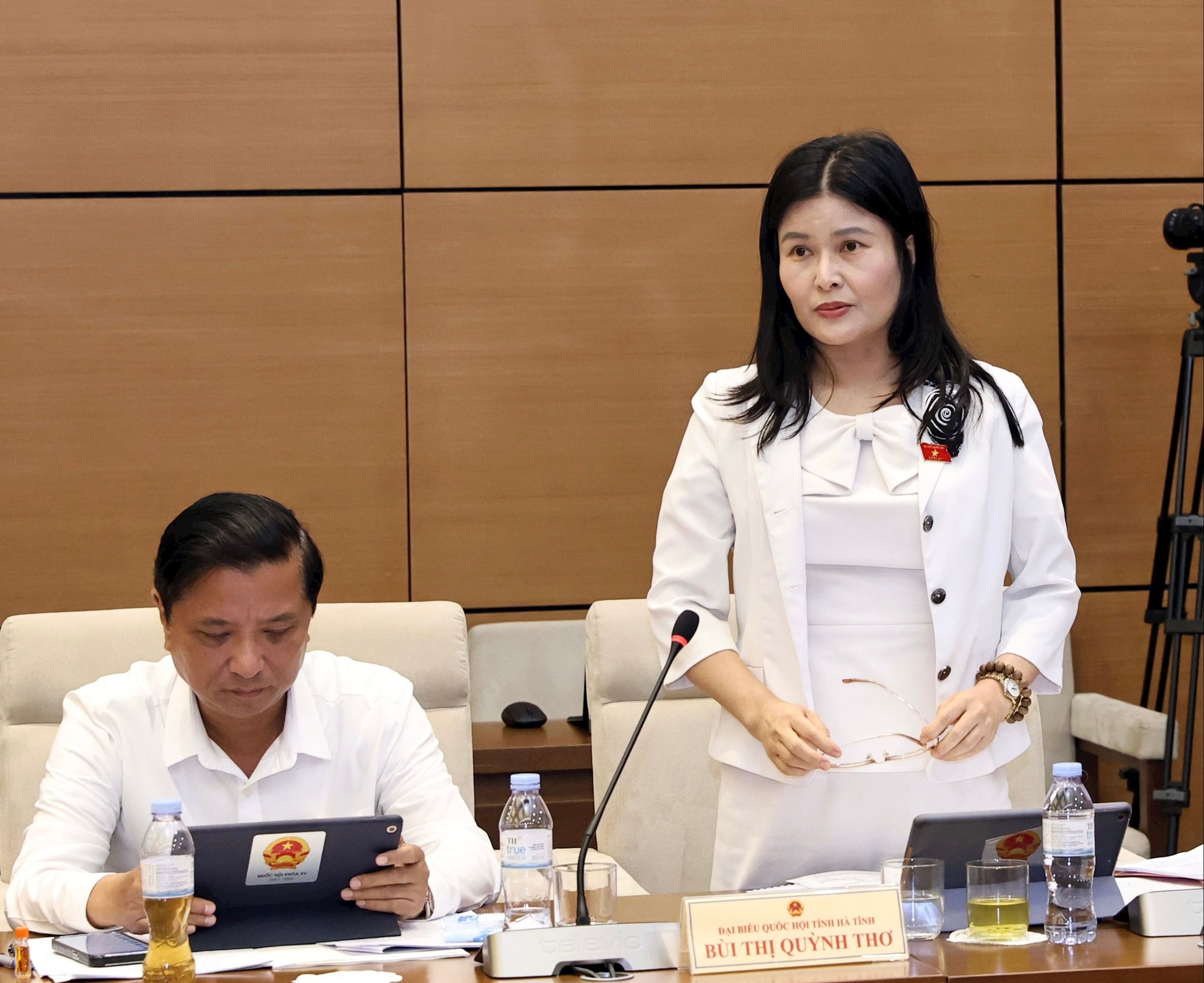
Attention to border and island infrastructure
From local practice, National Assembly Deputy Hoang Huu Chien (An Giang) said that the current digital transformation process is still facing many obstacles in remote, island and border areas.
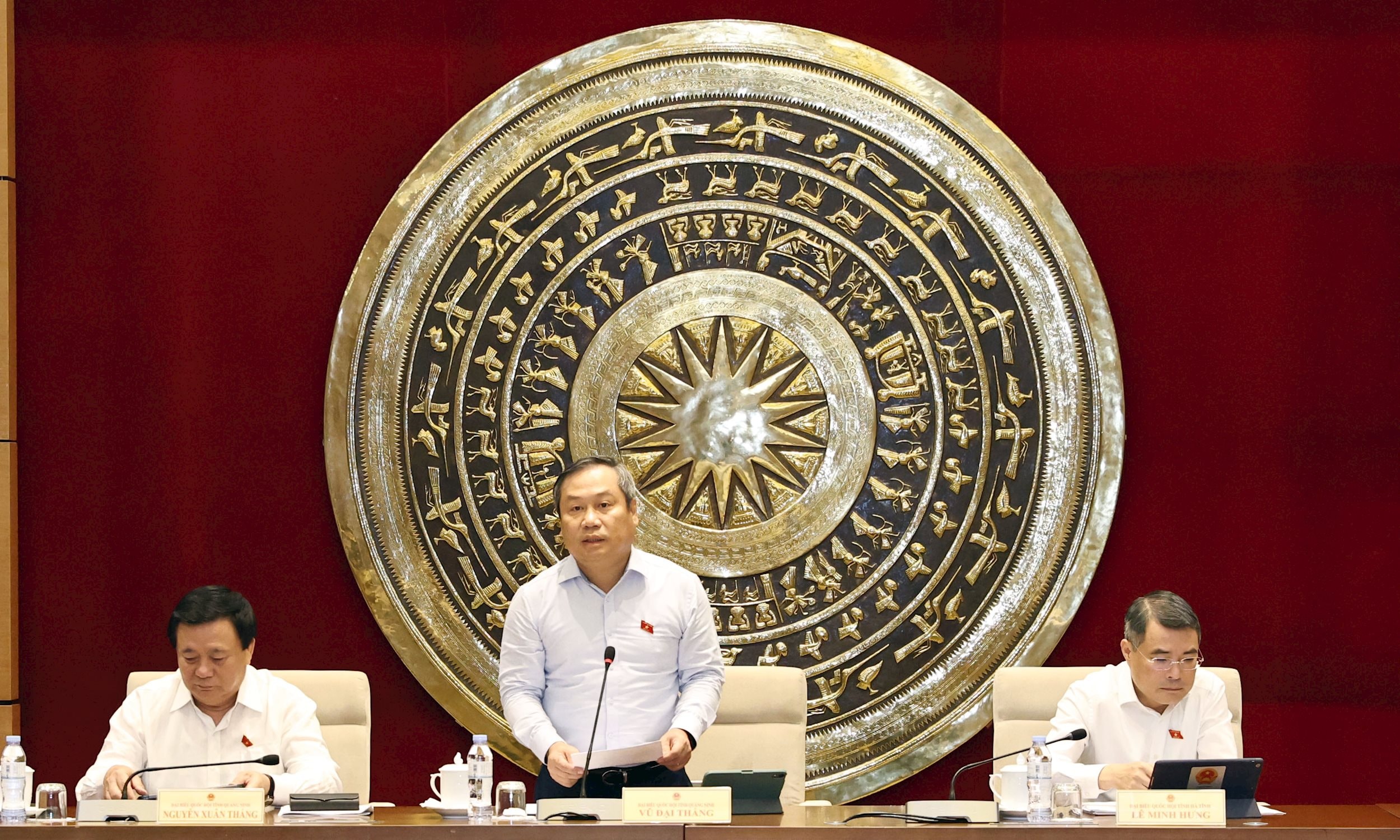
The main reason is the lack of telecommunications infrastructure, information technology and human resources with digital skills. On many islands, electricity still depends on generators, which are easily interrupted during bad weather, making it difficult to deploy digital technology for public administration, education and health care.
Therefore, delegate Hoang Huu Chien suggested that the Government and ministries and branches continue to invest more strongly in electricity, telecommunications and information technology infrastructure to serve people in border and island areas. At the same time, strengthen sustainable poverty reduction programs, support livelihoods and vocational training associated with digital transformation for people in these areas, thereby narrowing the development gap between regions.
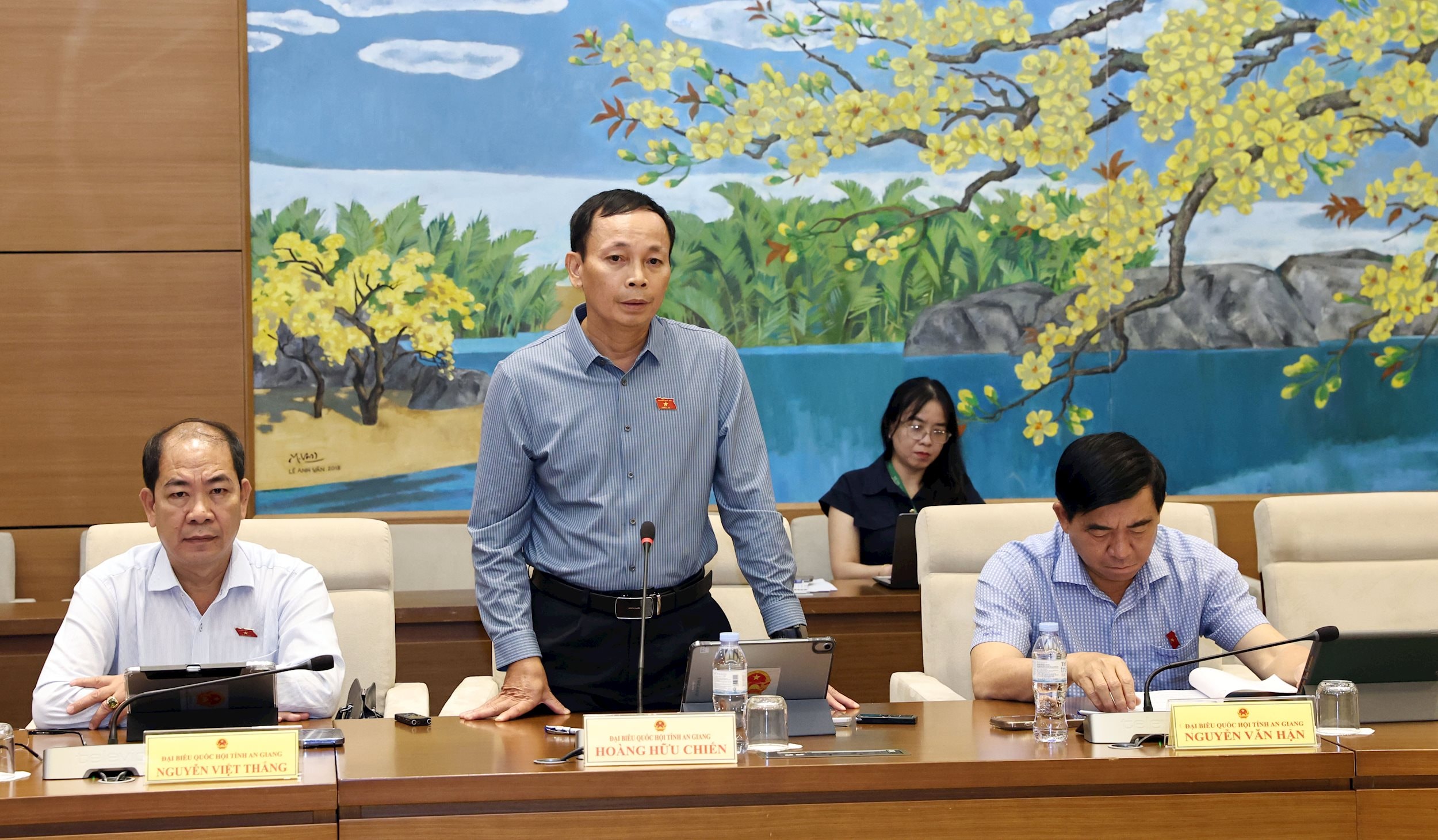
From a local perspective, National Assembly Deputy Nguyen Thi Thu Ha (Quang Ninh) highly appreciated the initial results of the work of reorganizing the apparatus from the central to the grassroots level. This is an organizational “revolution” that has created a new wind in management and service to the people, helping the authorities at all levels become more flexible, closer to the people and more responsive to the people.
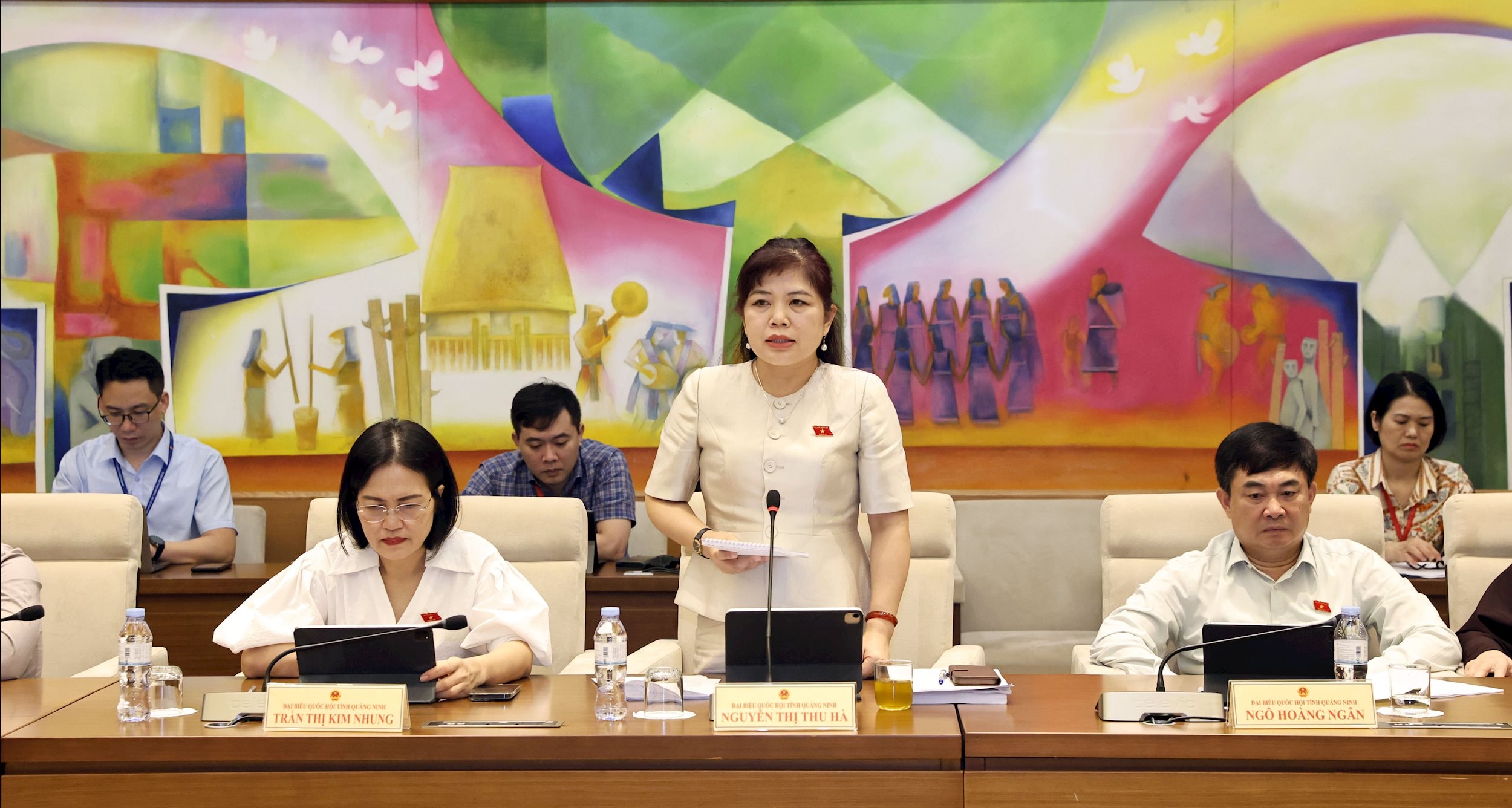
Voters and people expressed their excitement and trust when the administrative apparatus was streamlined, operated more effectively, and had fewer intermediary levels, helping administrative procedures, especially in the land sector, to be resolved quickly and conveniently.
Delegate Nguyen Thi Thu Ha emphasized that the reorganization of the apparatus not only brings efficiency in management but also creates new momentum for local socio-economic development. People are the direct beneficiaries, not negatively affected by the streamlining process, on the contrary, they are better served.
Contributing additional opinions, National Assembly member Nguyen Thi Kim Be (An Giang) suggested that the Government and ministries and branches need to continue to improve mechanisms and policies to ensure conditions for localities to effectively implement the two-level local government model. It is necessary to focus on investing in infrastructure, transportation, Internet, and database systems so that commune-level officials can handle work conveniently and quickly.
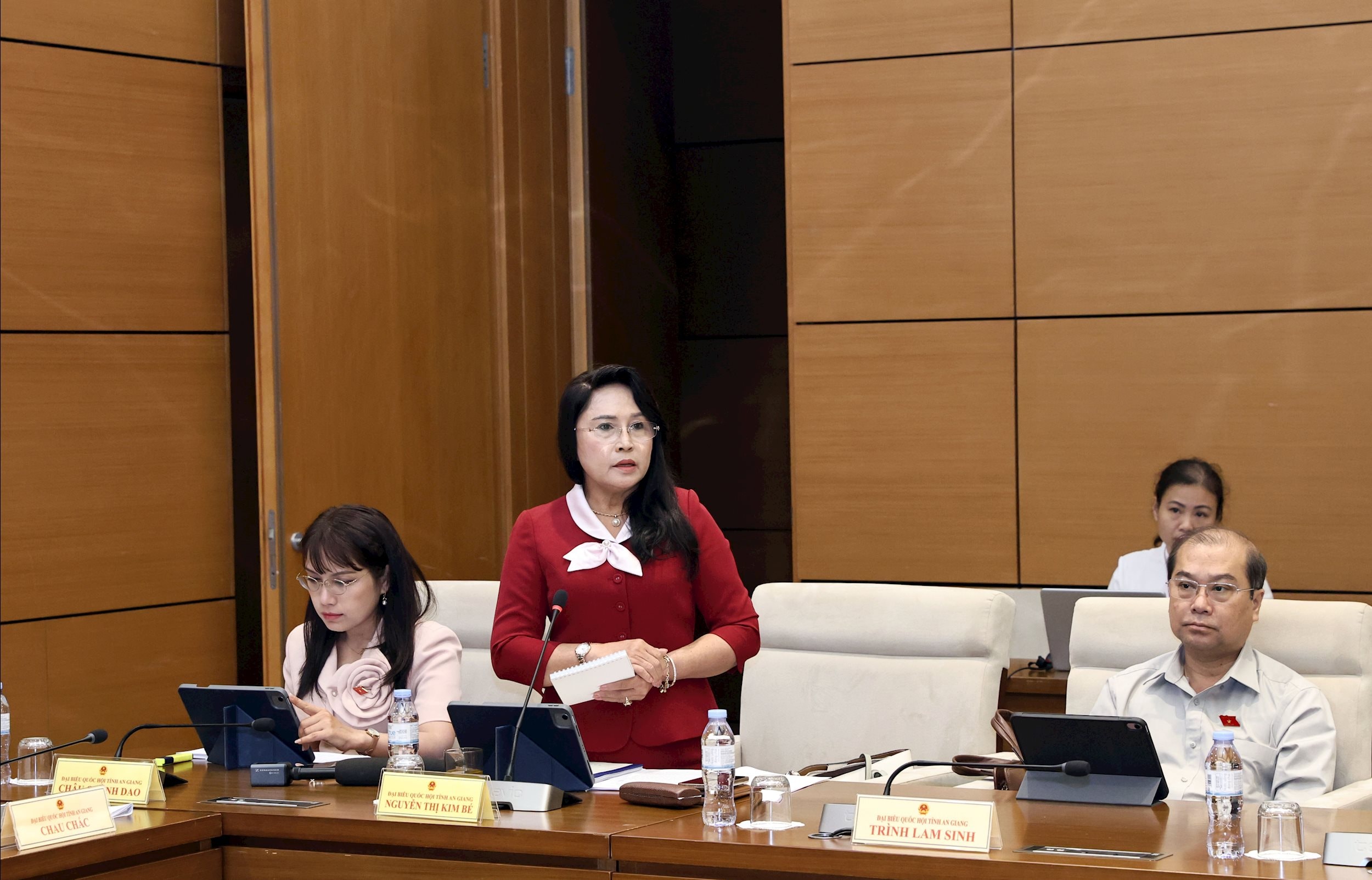
Delegates also noted the need to ensure reasonable salary, bonus and welfare policies for cadres, civil servants and public employees after reorganization, especially those with good expertise, in order to maintain work motivation and attract talent to the public sector.
Delegates agreed that, in the coming time, it is necessary to continue to adhere to the goal of rapid and sustainable development, based on innovation and digital transformation, while ensuring social equity and narrowing regional gaps. Therefore, it is necessary to maintain macroeconomic stability while paying close attention to infrastructure, human resources and the operating mechanism of the two-level local government apparatus, where people are served and benefit from policies the most.
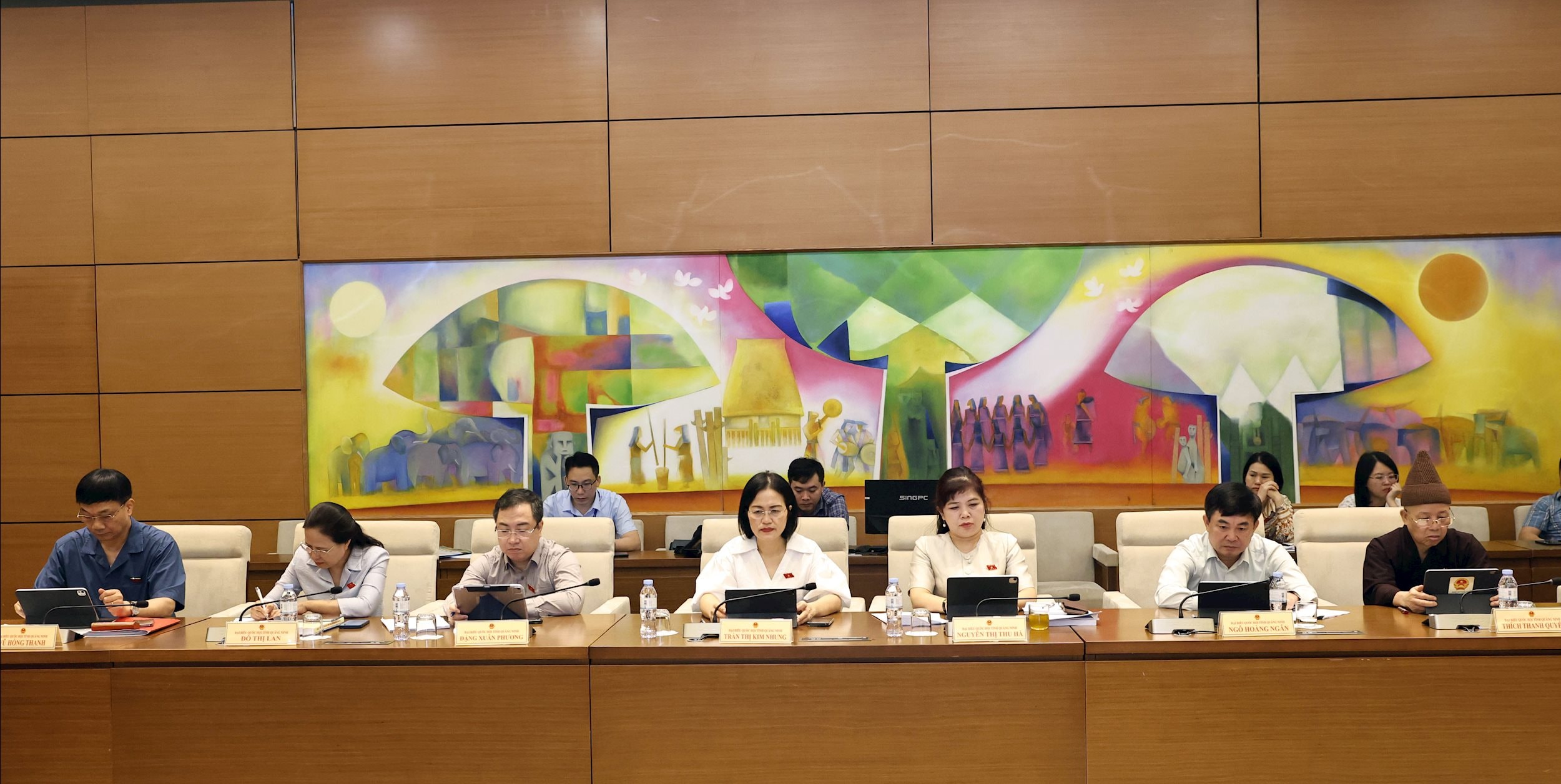
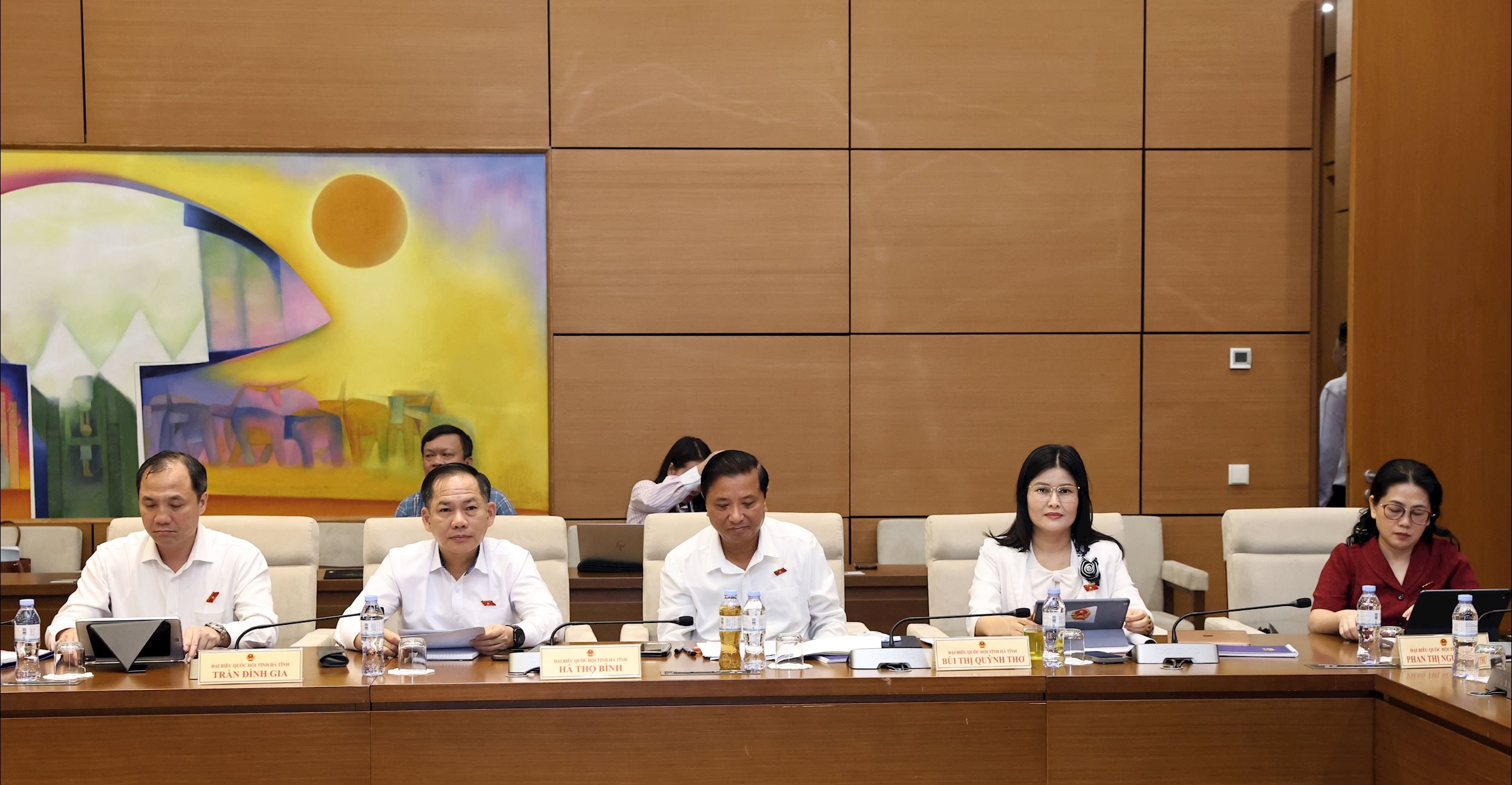
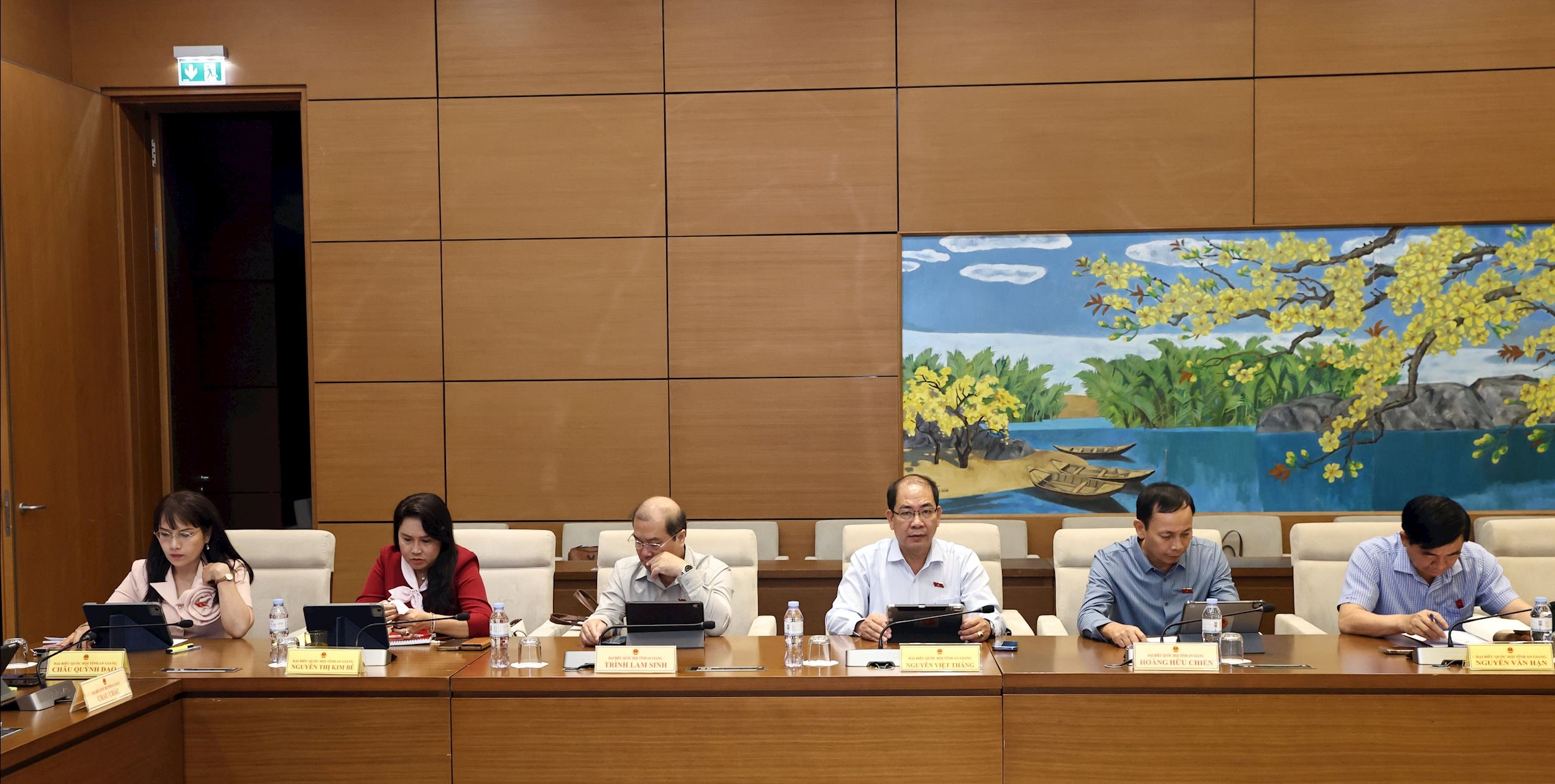
Source: https://daibieunhandan.vn/tang-dau-tu-ha-tang-vung-bien-gioi-hai-dao-va-thuc-day-chuyen-doi-so-toan-dien-10391205.html


![[Photo] Prime Minister Pham Minh Chinh meets with Speaker of the Hungarian National Assembly Kover Laszlo](https://vphoto.vietnam.vn/thumb/1200x675/vietnam/resource/IMAGE/2025/10/20/1760970413415_dsc-8111-jpg.webp)
![[Photo] Prime Minister Pham Minh Chinh received Mr. Yamamoto Ichita, Governor of Gunma Province (Japan)](https://vphoto.vietnam.vn/thumb/1200x675/vietnam/resource/IMAGE/2025/10/21/1761032833411_dsc-8867-jpg.webp)
![[Photo] Da Nang residents "hunt for photos" of big waves at the mouth of the Han River](https://vphoto.vietnam.vn/thumb/1200x675/vietnam/resource/IMAGE/2025/10/21/1761043632309_ndo_br_11-jpg.webp)



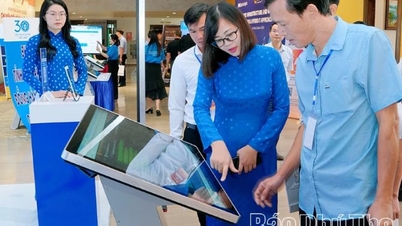


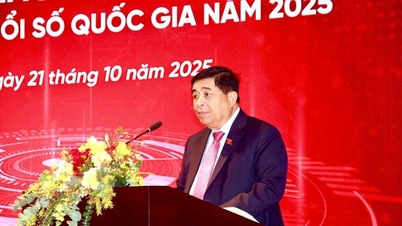
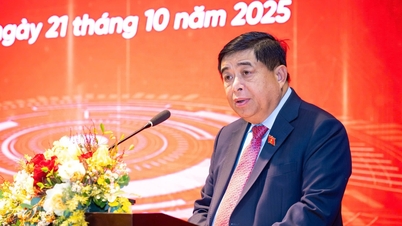

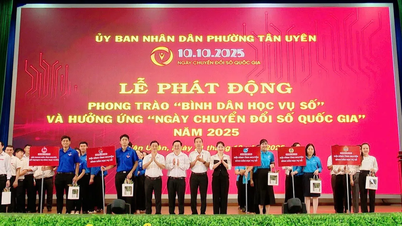

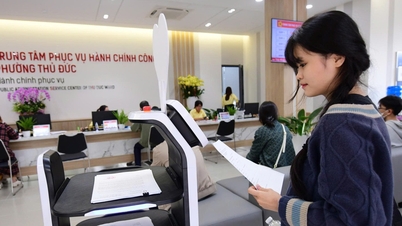
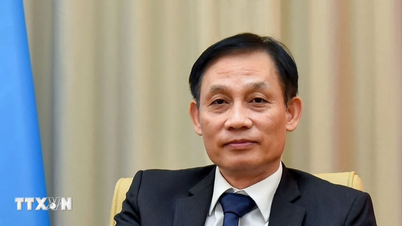

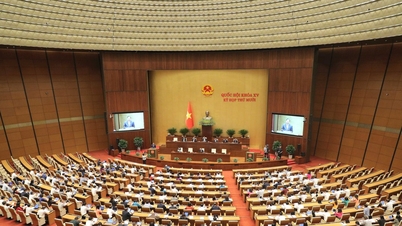



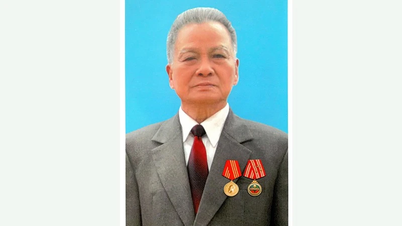
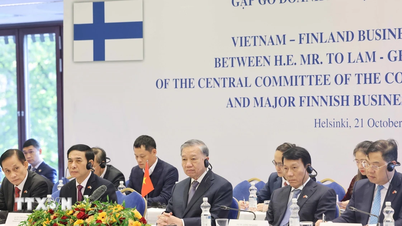




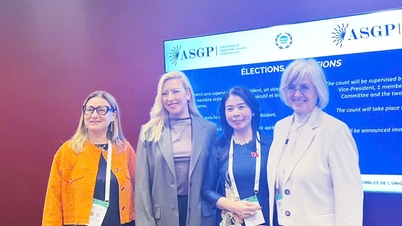

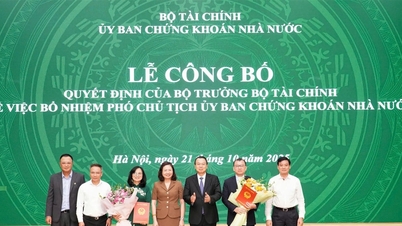
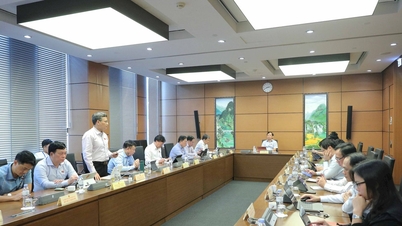
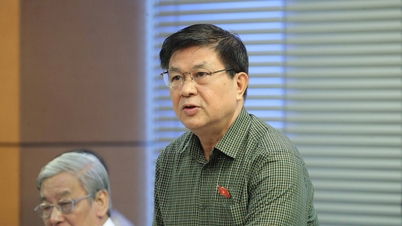
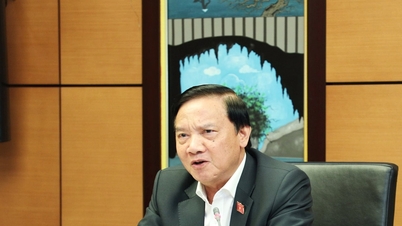





















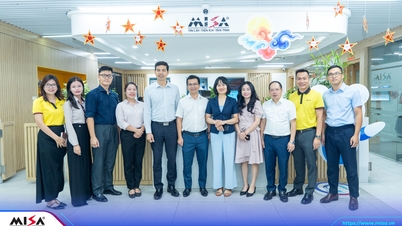














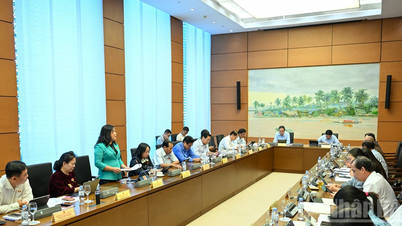
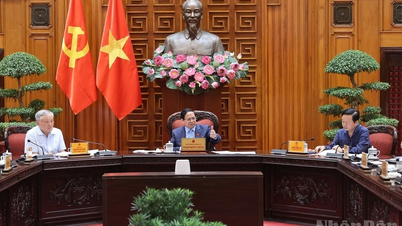
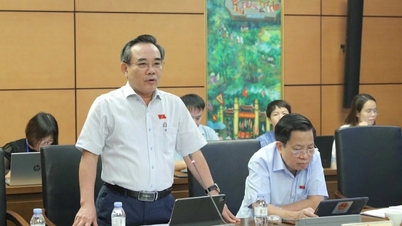
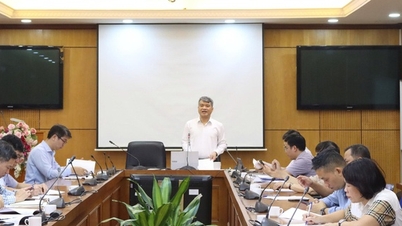
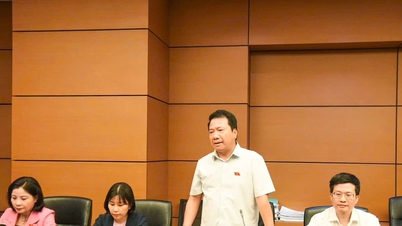
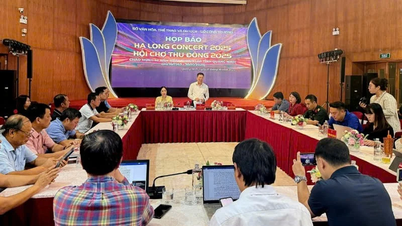
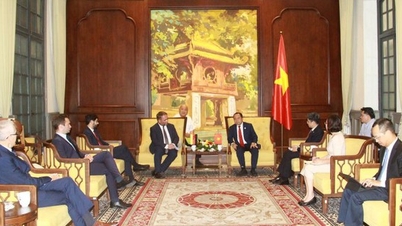


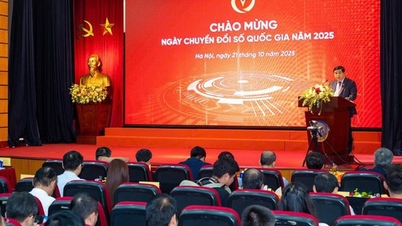


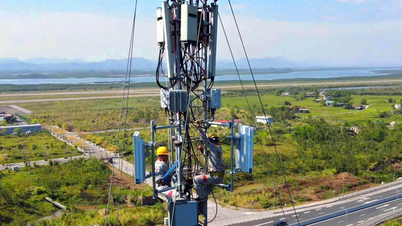
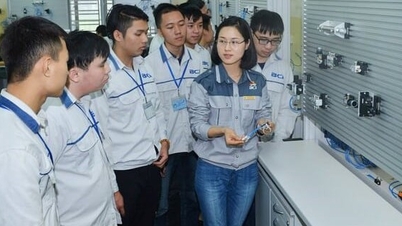




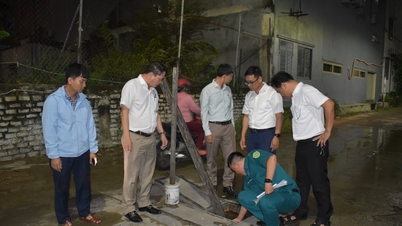

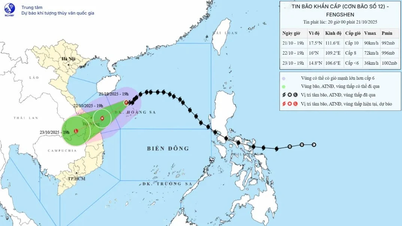

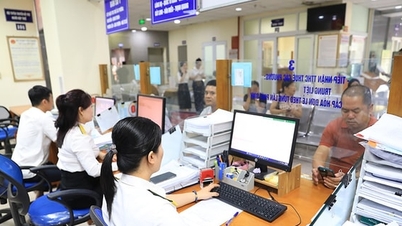















Comment (0)